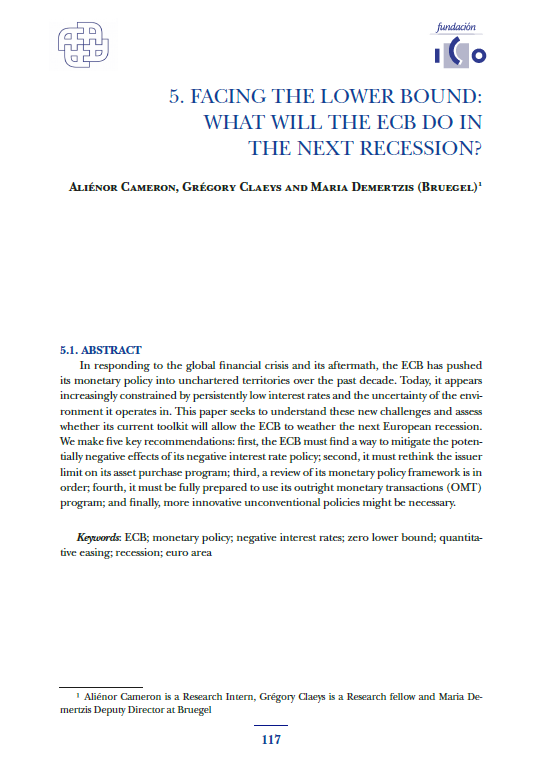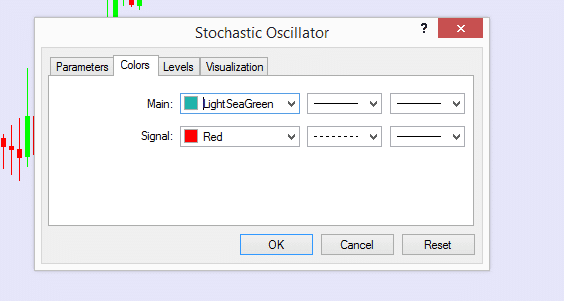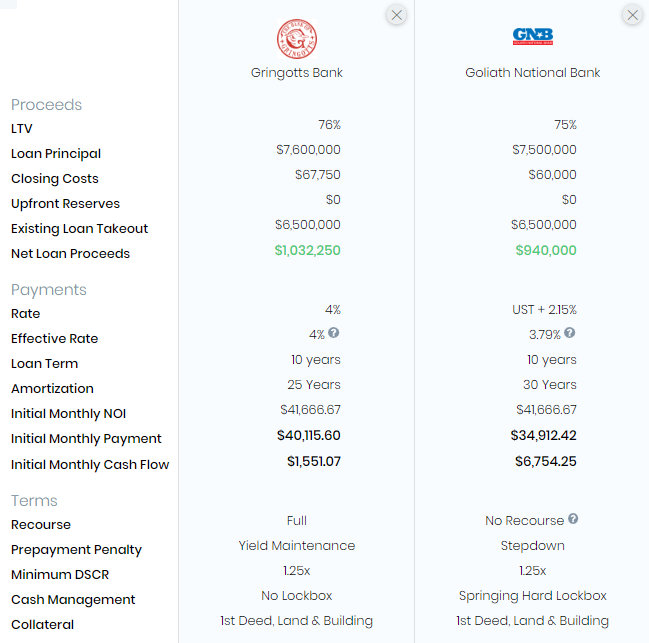
Should seek the advice of a qualified securities professional before making any investment,and investigate and fully understand any and all risks before investing. The stakes are high, but the potential for tremendous gains is there. Those are systems through which broker-dealers post price and volume. Only broker-dealers qualified with FINRA are allowed to apply to quote securities. FINRA provides oversight for trading on the OTC market and issues trading symbols. It requires public companies to report splits, reverse splits, name changes, and mergers.
OTC Markets Group is a company that operates some of the most popular OTC markets. The company operates three different markets, each of which has different listing requirements for companies. Altogether, OTC Markets Group’s markets have about 11,000 securities available to trade.
Instead of providing an order matchmaking service like the NYSE, these dealers carry inventories of securities in order to facilitate any buy and sell orders. The OTC markets are a barely regulated, high-risk marketplace where delisted and unlisted stocks trade. If you think of the major exchanges as a bank, the OTC markets are like the alley behind the bank. Over-the-counter markets are where stocks that aren’t listed on major exchanges such as the New York Stock Exchange or the Nasdaq can be traded. More than 12,000 stocks trade over the counter, and the companies that issue these stocks choose to trade this way for a variety of reasons.
Types of OTC securities
While some OTC securities report to the Securities and Exchange Commission (SEC), others may follow a different reporting standard or may not file reports to any regulatory body. If you want to trade on OTC Market, you can acquire stocks by using Otcmarkets.com, the core OTC trading platform. OTC trades have greater flexibility when compared to their more regulated and standardized exchange-based counterparts. This means that you can create agreements that are specific to your trading goals. The most popular OTC market is forex, where currencies are bought and sold via a network of banks, instead of on exchanges.
- The terminology that was once known as Pink Sheets has evolved into the OTC Markets Group, which operates regulated marketplaces for trading over-the-counter stocks.
- Stocks trading in the OTCQB have many of the same protections as more established, larger stocks.
- Over-the-counter trading, or OTC trading, refers to a trade that is not made on a formal exchange.
- Stocks that trade via OTC are commonly smaller companies that cannot meet the exchange listing requirements of formal exchanges.
- When stocks are listed on formal exchanges, investors can typically access a great deal more information on them, including reports written by Wall Street analysts, company news and filings, and real-time trading data.
There’s a possibility that there could be fraud at the very lowest level of the pink sheet market,” he says. To list on the OTC exchanges, companies must have FINRA-approved broker-dealer sponsors. And they must have at least three broker-dealers willing to trade the security. Because they trade like most other stocks, you can buy and sell OTC stocks through most major online brokers. In order to buy shares of an OTC stock, you’ll need to know the company’s ticker symbol and have enough money in your brokerage account to buy the desired number of shares. As we’ve seen, some types of stocks trade on the OTC markets for very good reasons, and they could make excellent investment opportunities.
Over-the-counter (OTC) Securities
For regular investors, the only safe way to buy (or sell) OTC stocks is through a reputable broker-dealer using a major online platforms like OTC Markets. They actually operate like “discount” stock exchanges, imposing some rules and oversight and, in OTC Markets’ case, classifying stocks into tiers. The lowest tier is the Pink® Open Market, which is the default market for broker-dealers who want to trade OTC securities. This tier includes foreign companies, penny stocks, shell companies, and other firms that choose not to disclose financial information. Over-the-counter (OTC) is the trading of securities between two counterparties executed outside of formal exchanges and without the supervision of an exchange regulator.
We believe everyone should be able to make financial decisions with confidence. These blanket statements make it easy to compartmentalize … but it’s important to be cautious. For any trading strategy, it’s important to have good risk management. Remember that OTCs are the underbelly of the stock market, where many companies go to die. If you wind up holding the bag on some of these OTCs, you could be holding the bag for life. Many kinds of trading vehicles — securities — exist in the OTC markets.
How Do You Trade on OTC Markets?
Investors may view real-time Level 2 quotes with detailed market data and market depth. The company transitioning from OTC to a major exchange must be approved for listing by the relevant exchange. A completed application is necessary, along with various financial statements. This can include complete statements of shares outstanding and capital resources. A press release may have to be issued to notify shareholders of the decision. The fact that a company meets the quantitative initial listing standards does not always mean it will be approved for listing.
Akili Announces Business Transformation, Focusing on Non … – Business Wire
Akili Announces Business Transformation, Focusing on Non ….
Posted: Wed, 13 Sep 2023 12:00:00 GMT [source]
It involves a lot of risk because you’re buying typically less reputable securities. “The top tier of the OTC market is pretty safe and chances are pretty good. The requirements are there’s enough known about a company that is probably not too risky,” he says. NerdWallet, Inc. is an independent publisher and comparison service, not an investment advisor. Its articles, interactive tools and other content are provided to you for free, as self-help tools and for informational purposes only.
How Does the Over-the-Counter Market Work?
Investopedia does not provide tax, investment, or financial services and advice. The information is presented without consideration of the investment objectives, risk tolerance, or financial circumstances of any specific investor and might not be suitable for all investors. Investing involves risk, including the possible loss of principal.

If your investment strategy is ultra-conservative or if you are a relative novice, most experts suggest you stay away or at the very least, confine your trading to the OTCQX® Best Market tier on OTC Markets Group. Still, there are a lot things to consider when trading OTC securities. OTC (over the counter) is the stock market version of “for sale by owner.” Yarilet Perez is an experienced multimedia journalist and fact-checker with a Master of Science in Journalism. She has worked in multiple cities covering breaking news, politics, education, and more. Her expertise is in personal finance and investing, and real estate.
How to Buy OTC Stocks
Products traded on traditional stock exchanges, and other regulated bourse platforms, must be well standardized. This means that exchanged deliverables match a narrow range of quantity, quality, and identity which is defined by the exchange and identical to all transactions of that product. This is necessary for there to be transparency in stock exchange-based equities trading.
The OTC Markets Group provides price and liquidity information for almost 10,000 OTC securities. It operates many of the better known networks, such as the OTCQX Best Market, OTCQB Venture Market and Pink Open Market. The over-the-counter market is a network singapore tax system of companies that serve as a market maker for certain inexpensive and low-traded stocks, such as UK penny stocks. Stocks that trade on an exchange are called listed stocks, whereas stocks that are traded over the counter are referred to as unlisted stocks.
OTC securities comprise a wide range of financial instruments and commodities. Financial instruments traded over-the-counter include stocks, debt securities, and derivatives. Stocks that are traded over-the-counter usually belong to small companies that lack the resources to be listed on formal exchanges. However, sometimes even large companies’ https://1investing.in/ stocks are traded over-the-counter. The over-the-counter (OTC) market is a decentralized market where securities, not listed on major exchanges, are traded directly by a network of dealers. Instead of providing an order matchmaking service as with the NYSE, these dealers carry inventories of securities to facilitate any buy or sell orders.

An over-the-counter market is not centralized and occurs between two parties, such as a trade that occurs between two individuals that buy and sell a share of a company that is not listed on an exchange. An over-the-counter market can consist of any security, such as equities, commodities, and derivatives. Bonds, ADRs, and derivatives trade in the OTC marketplace, however, investors face greater risk when investing in more speculative OTC securities. The filing requirements between listing platforms vary and business financials may be hard to locate. Most financial advisors consider trading in OTC shares as a speculative undertaking.